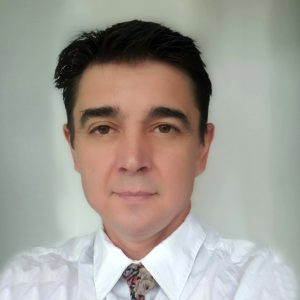
08 Oct Philosophy of Happiness [Happiness]
What do we call happiness? Do we really know how to live a happy life? Is what makes you happy the same as what makes me happy? In other words, if as individuals, we live happy lives, does that make happiness something personal? Or does happiness exist in relation to the other, to a community, and to family and friends? Are we more or less happy nowadays? Since these are questions that do not have easy answers, we can begin by looking back at the writings of our earliest great thinkers who already questioned whether or not happiness is the meaning and purpose of life.
This course will explore these and other questions related to happiness as we comprehend it today: happiness as philosophical inquiry, happiness from its psychological prospect to the pathological feature of medical discourse, and from politics to the social policies of well-being. We will also look at how different spiritualities embrace happiness and how this is expressed in arts such as literature and music, in social media and through behavior consumerism.
The first part of the class (up to the mid-term exam) will focus on the intellectual history of the idea of happiness from a comparative perspective: philosophical, ethical, theological and cultural considerations.
And the second part of the course will examine the meaning of happiness in other disciplines such as psychology, art and literature, artificial intelligence and the economy for what these can tell us about how we apprehend happiness today.
G. Marin
Gabriel Marin received his PhD in History from the University of Laval (Quebec City), and has been teaching at Royal Military College (Kingston), Ottawa and Carleton University, Canada. He is interested in Intellectual History, Historiography and Nostalgias, publishing a book in 2013 at L’Harmattan, Paris, about the relationship between national memory construction and school teaching during and in the aftermath of the totalitarian political regimes. As a postdoctoral researcher (2010-2014), Gabriel Marin continued his work bringing a comparative analysis of history and literature textbooks in Romania, France, Canada, and the US, written and taught during the Cold War period (his second book is currently under press). As a Social Sciences Research Council fellow (2007-2008), he was interested about the immigrant nostalgias, approaching taxi-drivers, migrant workforce and ethnic business. He worked and traveled in the US and Canada with Eastern European and Latin American immigrant truck-drivers having fled communism and war.
In addition, Gabriel Marin holds a MA in Social Work at the University of Ottawa, founding Canadian Association of Alternatives in Therapy, and working on depression, intercultural counselling, and spirituality in migrant psychotherapeutic settings. Gabriel Marin also lived, worked and studied in Romania, France, Hungary, and Russian Federation.

